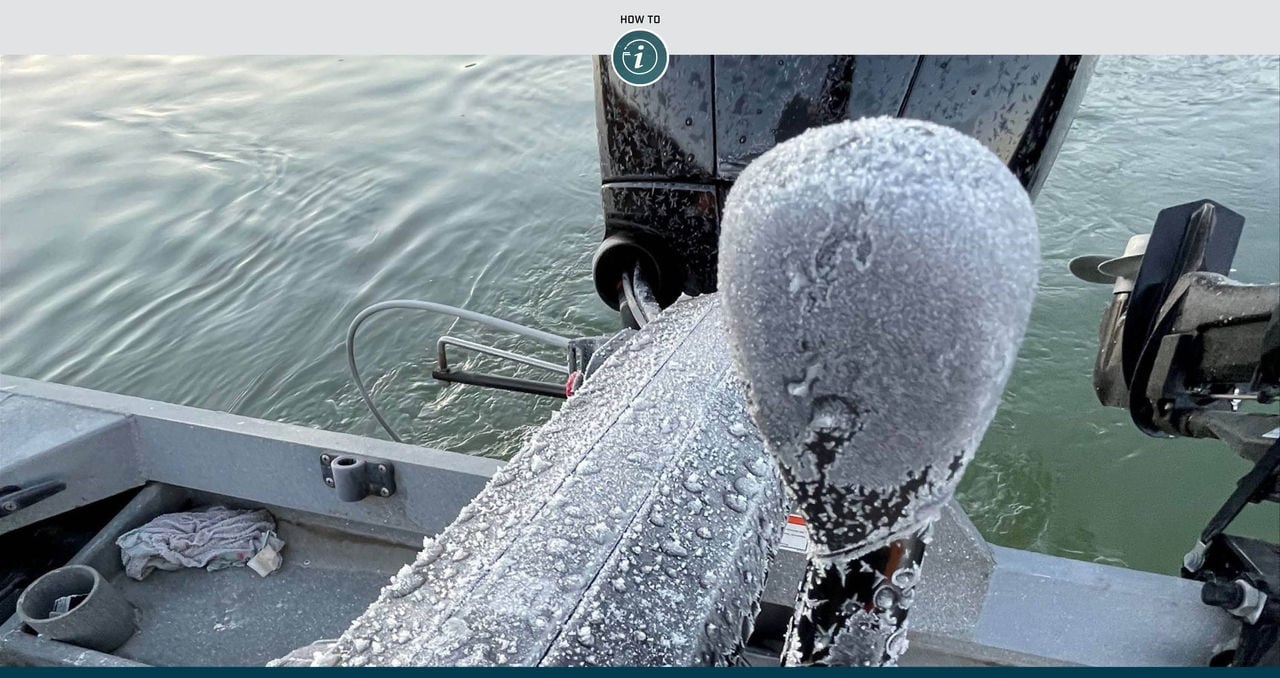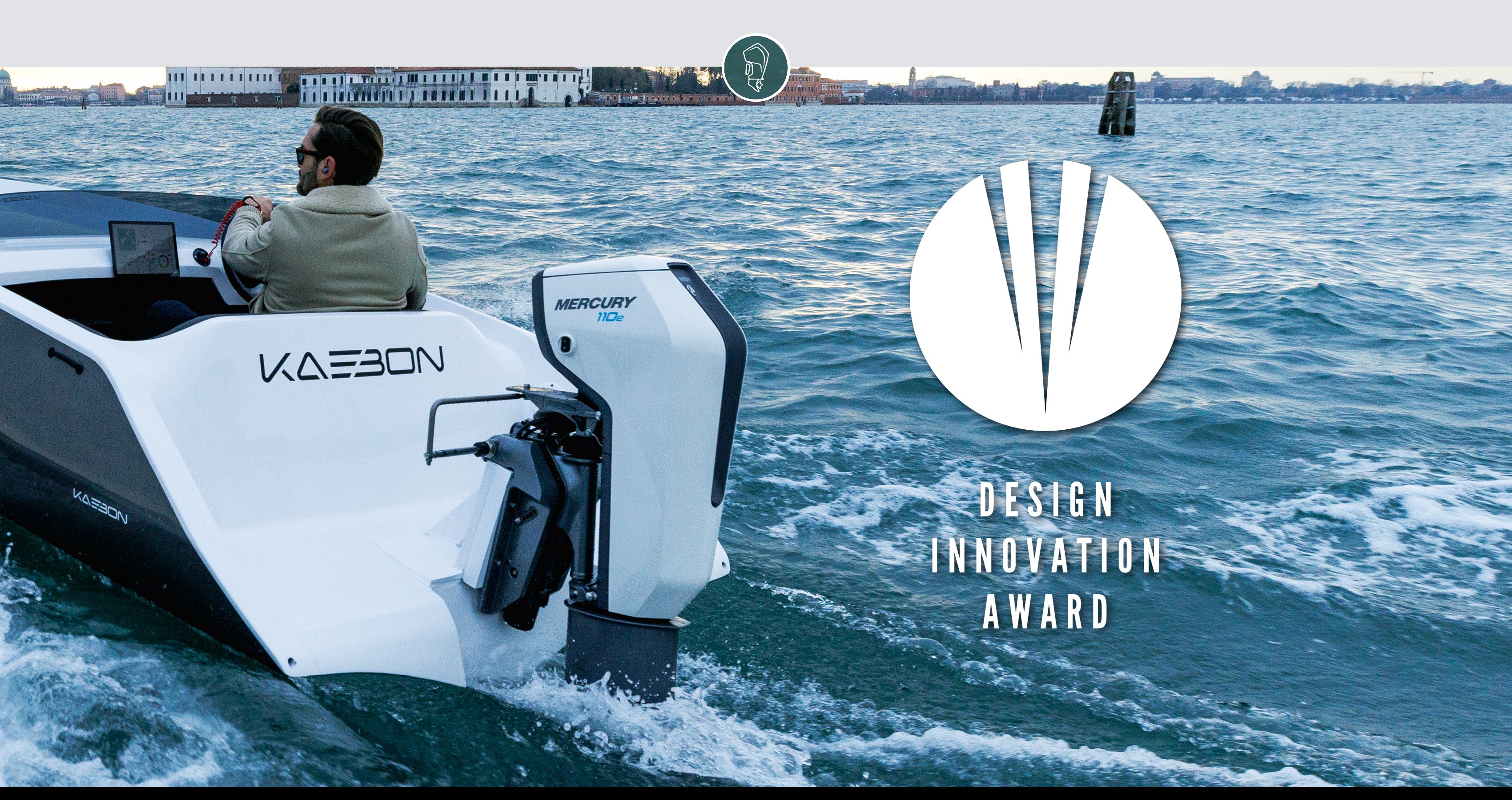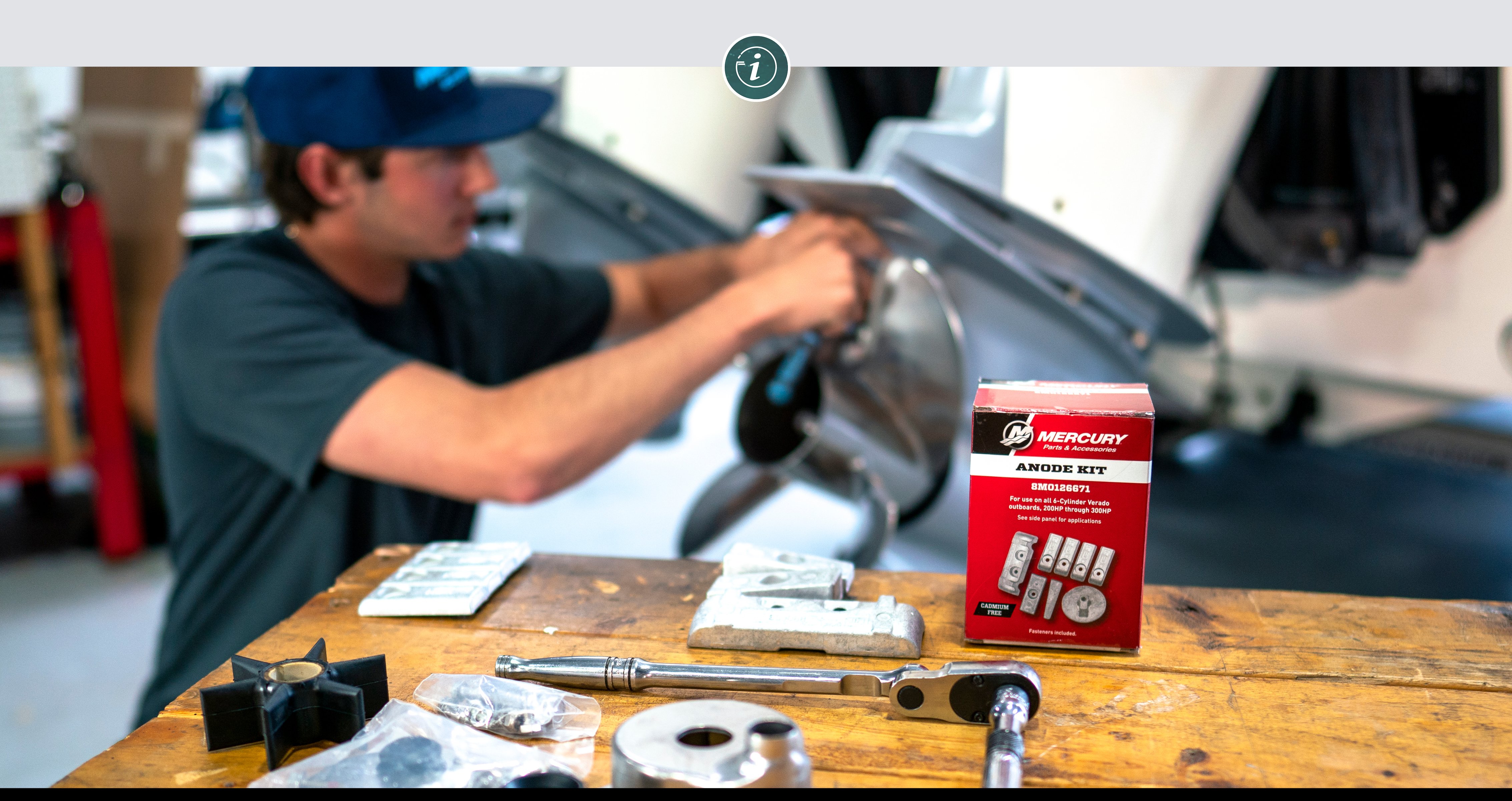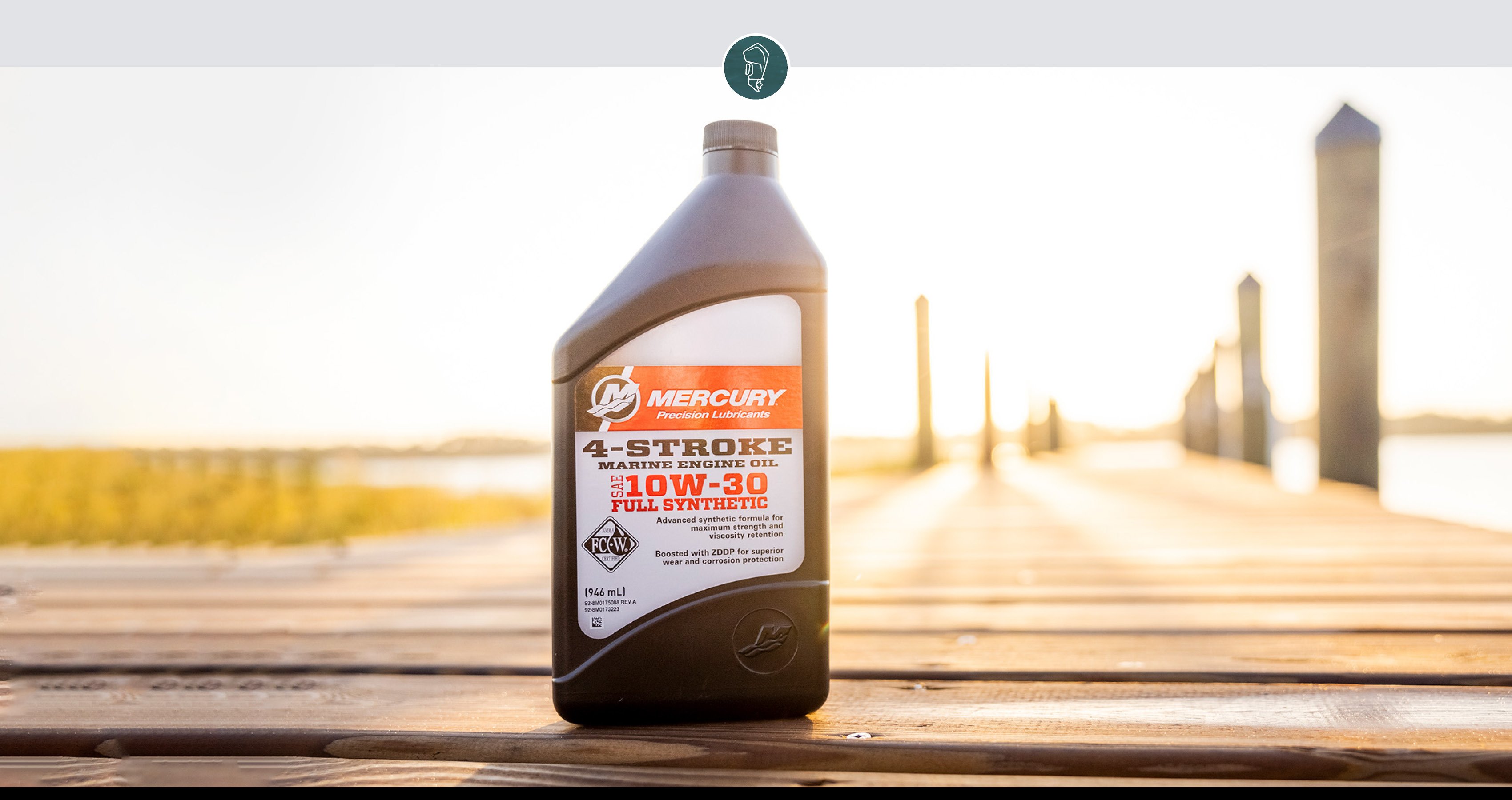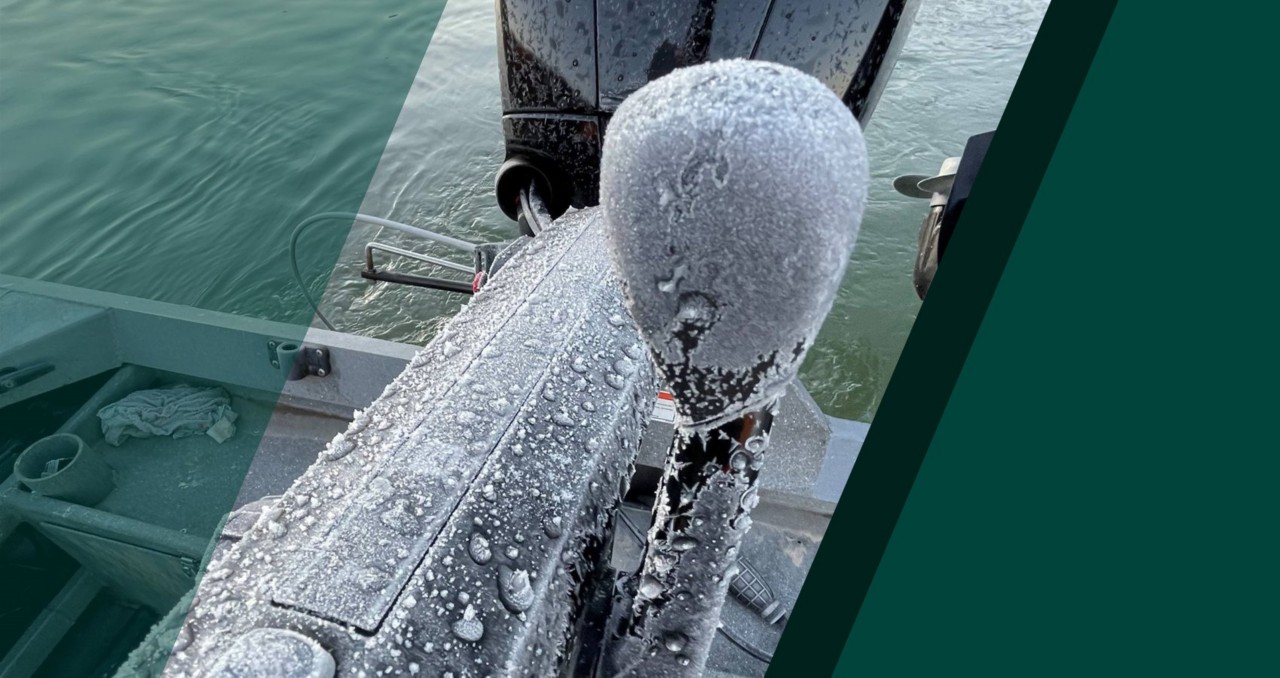In many of parts of the world, it’s winter. The days are short, the nights are long, and the temperatures are brisk. And while most boaters in your neighborhood have winterized and stored their boat and engine until spring, you still have some late-season fishing and/or hunting on your to-do list. Several sections of the US offer outdoor activities late in the year – and all Mercury Marine outboards are rated to operate at temperatures as low as -15C/+5F.
However, no matter how invigorating late-season boating can be, you'll need to ensure your outboard and boat are ready to withstand the cold. Before you set the alarm clock for early tomorrow morning, keep these facts and recommendations in mind.
- If you have a FourStroke outboard, check the owner's manual for advice on proper oil viscosity for cold-weather operation.
- The most common cold-weather outboard problem is something many hunters call "duck hunter's freeze-up," which occurs when a hunter in the winter months tilts up the outboard to keep it out of marsh muck or to pull their skiff ashore. Tilting up the outboard traps water in the motor, which freezes if the air temperature is low enough. Frozen water in your outboard almost always results in serious engine damage.
REMEMBER: When the air temperature sinks below freezing, always keep the motor in its down position when it's not running.
- After each outing, pull the hull drain plug in your boat and tilt the bow up to allow all water to drain from the bilge.
- And after you've taken your last boating trip of the season, don't forget to winterize appropriately, including these basic steps:
- Gasoline containing alcohol (ethanol or methanol) can cause the formation of acid during storage and can damage the fuel system. If you use gasoline that contains alcohol, drain as much of the remaining gasoline as possible from the fuel tank, remote fuel line, and engine fuel system.
- Then fill the fuel tank and engine fuel system with treated (stabilized) fuel to help prevent the formation of varnish and gum.
Following these simple tips – and the advice offered in the owner's manual for your engine – will keep you boating longer now and in the coming spring.
*Also, don't forget to protect yourself with the appropriate cold-weather gear and clothing. ALWAYS wear a lifejacket, and during cold weather consider a float coat and protective bib pants. If you fall into cold water, you have just a few moments to get back on board before your mobility starts to decline. Think about cold-water reboarding as an important part of your preparations.
Editor's Note: This blog was originally published in November 2019 and has been completely revamped and updated for accuracy and comprehensiveness.
